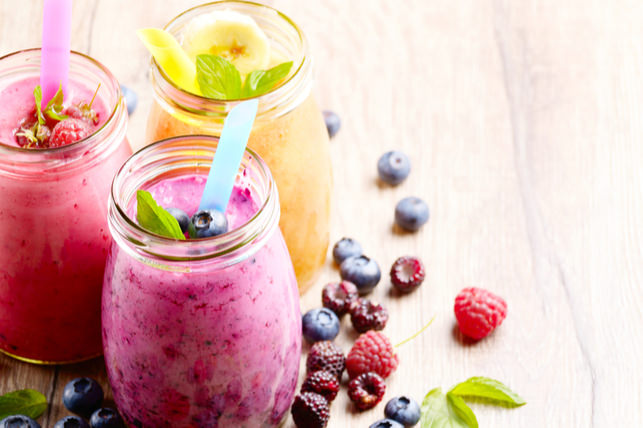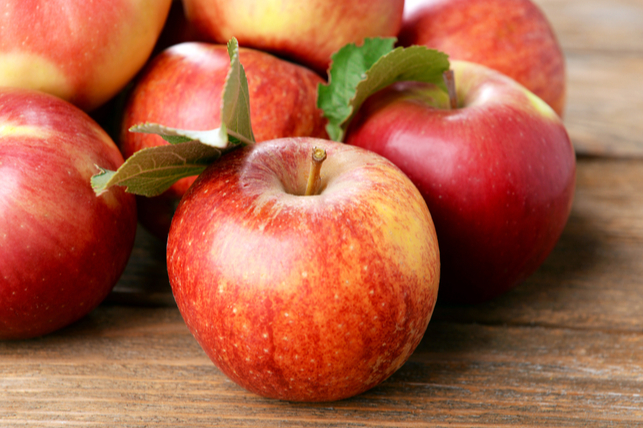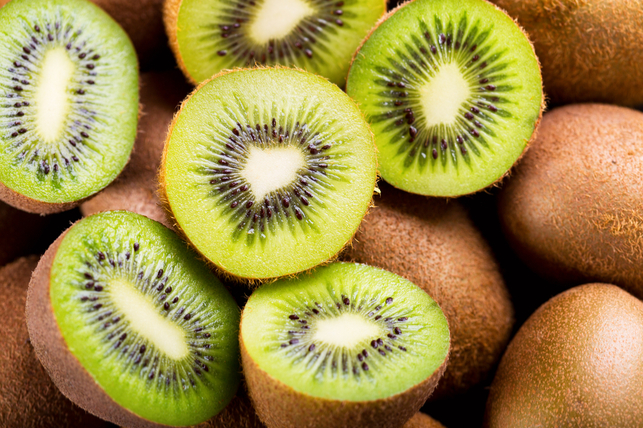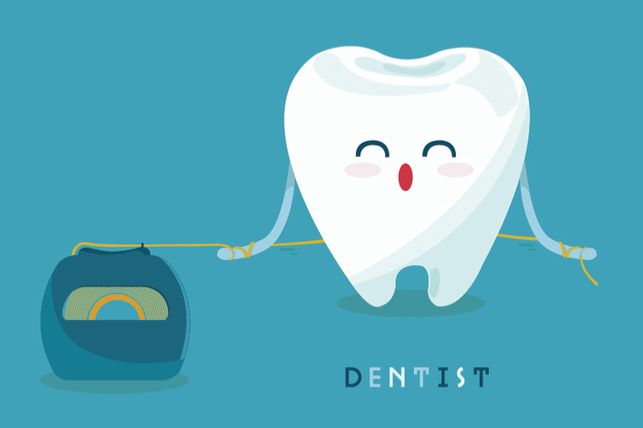Cavities are the most common disease afflicting children today, and they’re almost completely preventable. But, did you know that cavities affect other diseases as well? Here’s how cavities and tooth decay are linked to other common ailments.
Tooth Decay Can Lead to Infection – Or Worse
Severe cavities and tooth decay are major causes of tooth loss, which makes you more prone to infection. In severe cases, gum disease can cause lung infections or even pneumonia. Additionally, cavities and infected teeth are riddled with unhealthy bacteria. If left untreated, a tooth infection can cause a deeper infection in the pulp tissue, which is painful and costly to treat. This may result in a hospital trip or a medical emergency.
Cavities Can Complicate Diabetes
Cavities and gum disease can cause blood sugar to rise, and make it difficult to manage diabetes. Further research has shown that improving oral habits and treating gum disease can help improve blood sugar control, and decrease the progression of the disease. If your child has diabetes, be sure that they are in a regular oral health routine, and that your pediatric dentist is aware of their condition.
Cavities Can Increase Risk of Heart Disease
Many studies have pointed out that plaque buildup can increase the odds of contracting heart disease and stroke. Bacteria that cause oral disease and cavities can release toxins that travel through the bloodstream and help to form fatty plaques in the arteries. This can greatly increase someone’s chances of heart disease.
Cavities are Almost Completely Preventable
You can help your child prevent cavities through brushing twice per day for 2 minutes at a time, and flossing once every day. Additionally, avoid serving your children sugary drinks, or too many starchy foods, since both have excessive sugar that feeds the bacteria that can cause cavities. Also, be sure your child is drinking plenty of water, which naturally cleans teeth by rinsing away food debris.
Visit Our Office
Tooth decay is painful and can affect the overall health of developing mouths, which is why early treatment is the best way to handle cavities – and that’s where we come in! Our dental practice specializes in treating children and oral health ailments specific to young mouths. Schedule an appointment with our office today so that we can evaluate the state of your child’s oral health, and provide a treatment plan that works for them.


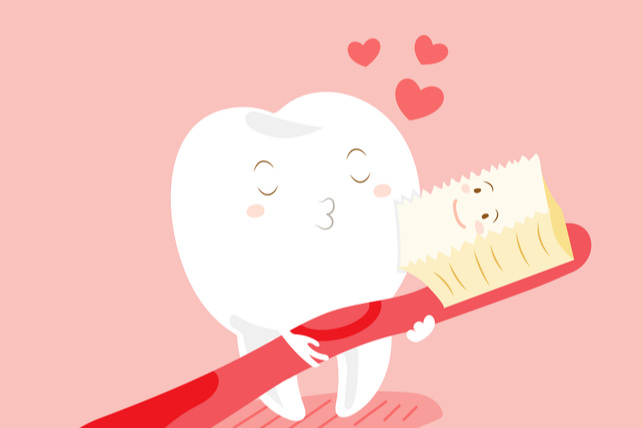
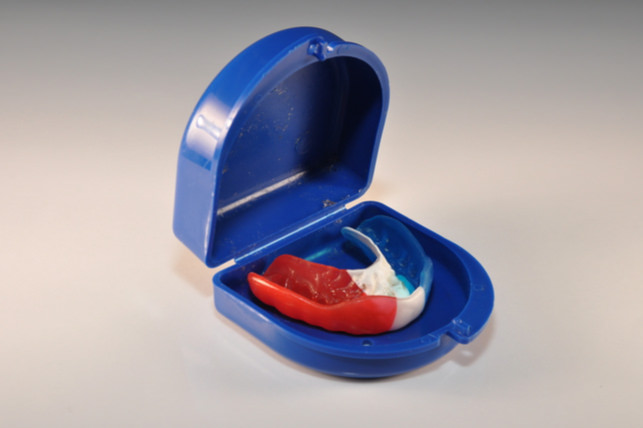
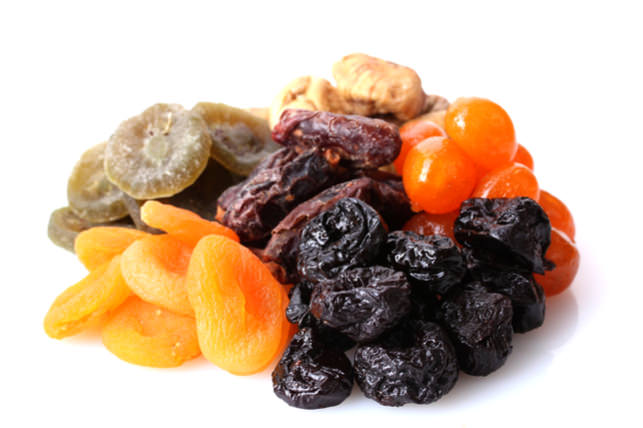 Dried fruit is a food that you should avoid if you’re trying to improve your child’s oral health. Dried fruit contains much higher levels of sugar than their natural counterparts, and none of the water that helps make fruit so healthy. Let’s use prunes as an example. Prunes are just dried plums, except just one cup of prunes contains more than 400 calories and 45 grams of sugar. However, one plum contains just 75 calories and 16 grams of sugar. The bottom line is that you should choose fresh fruit and not dried fruit.
Dried fruit is a food that you should avoid if you’re trying to improve your child’s oral health. Dried fruit contains much higher levels of sugar than their natural counterparts, and none of the water that helps make fruit so healthy. Let’s use prunes as an example. Prunes are just dried plums, except just one cup of prunes contains more than 400 calories and 45 grams of sugar. However, one plum contains just 75 calories and 16 grams of sugar. The bottom line is that you should choose fresh fruit and not dried fruit. 